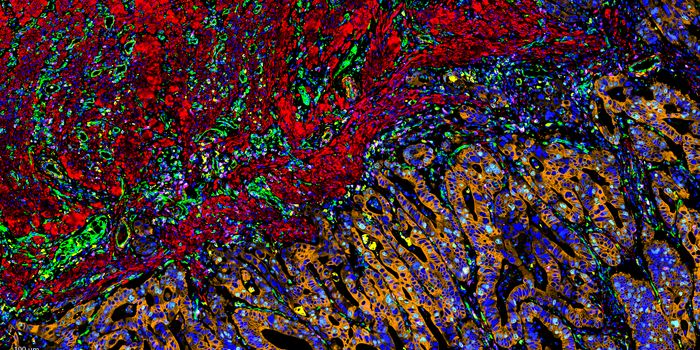Malaria Vesicles Activating Immune Responses
The innate immune system is the initial response given when immune cells are exposed to potential pathogens. One example is malaria, a mosquito-borne disease caused by a parasite. Malaria is a significant public health concern caused by parasitic microorganisms that belong to the genus Plasmodium. When a host is infected with malaria, the innate immune system is triggered. A new study reveals the details of this process.
The Centers for Disease Control and Prevention (CDC) estimates in a 2016 survey, 216 million cases of malaria occurred worldwide and in Africa - where the death toll sums to 445,000 people. The United States experiences around 1,700 cases of malaria diagnosis in per year. Most of the new malaria infections are stemmed from travelers and immigrants returning from countries where malaria transmission occurs, sub-Saharan Africa and South Asia.
A team of scientists recognizes the importance of understanding host response and what is required for immunity when it comes to engineering new therapeutic angles. The group started their work realizing the need to understand the molecular mechanisms of natural killer cells (NK cells) when exposed to malaria infection.
The team, including Peter Preiser of Nanyang Technological University in Singapore and Jianzhu Chen of the Massachusetts Institute of Technology, researched the transcriptional differences between human natural killer cells that respond and don’t respond to an infection by malaria.
It was found that malaria-infected red blood cells trigger the immune system to release small vesicles that activate MDA5 – a pathogen recognition receptor. Further, when treated with a molecule that activates MDA5, the restoration of the non-responder NK cells ability to clear infected cells occurred. The researchers state that “by activating MDA5 with a small molecule agonist, we can improve non-responder NK cells to clear red blood cells.”
These results highlight MDA5 as a potential contributor to varied NK cell responses to malaria infections. Jianzhu Chen shares that the study “reveals how natural killer cells recognize parasite-infected red blood cells and possible approaches to treat malaria infection by boosting host immunity.”
Current treatments for malaria infection can depend on many different factors which include disease severity, species of malaria parasite causing the infection and the part of the world in which the infection was acquired. Antimalarial drugs offer respite for some instances.
The researchers conclude that their “study provides new insights into the mechanism by which NK cells control malaria infection and possible NK cell-based intervention of malaria infection in human.” It is hopeful that their work will contribute to increased options for treatment.









